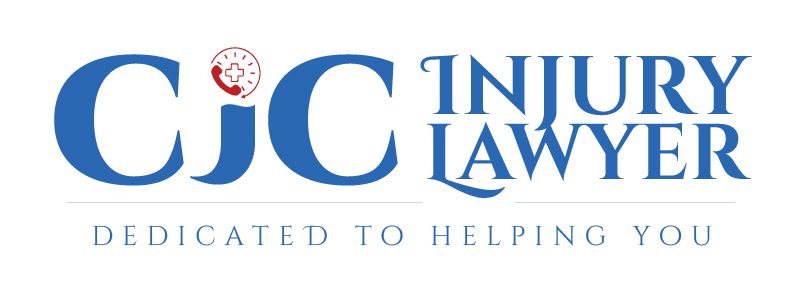In the aftermath of an accident, securing fair compensation depends significantly on the quality of medical documentation available. These records serve as important evidence to validate claims of injury and establish the impact of those injuries on the victim’s life.
Let us explore the necessary role that medical documentation plays in personal injury cases.
Importance of Medical Documentation
Medical documentation stands as the foundation in personal injury litigation, serving multiple purposes. Here are the implications of medical records in personal injury cases.
Proving the Existence and Severity of Injuries
The primary function of medical documentation is to validate the injuries claimed by the victim. Without such records, it becomes challenging to prove the extent and impact of injuries in legal settings. By documenting diagnoses, treatment plans, and prognosis, medical records present an objective account that reinforces the victim’s narrative.
Establishing a Causal Link
Medical records play an integral role in connecting the injuries directly to the accident. They provide a timeline of medical interventions and recovery, which aids in demonstrating how the accident led to the injuries suffered by the victim.
Demonstrating the Impact on Daily Life and Functionality
Beyond proving the injuries themselves, medical documentation illustrates how these injuries affect the victim’s daily life and functionality. Detailed records can show the pain levels experienced, limitations in mobility, and the need for ongoing medical care or rehabilitation. This comprehensive view is fundamental for accurately assessing the damages owed to the victim.
Calculating Damages and Financial Compensation
Another critical aspect of medical documentation is its role in quantifying the financial impact of injuries. Medical bills, rehabilitation costs, and expenses related to ongoing care are precisely recorded. These documents not only validate the expenses incurred but also project future costs, ensuring that victims seek appropriate compensation to cover their current and future medical needs.
Supporting Settlement Negotiations
Medical documentation is often the key to successful negotiations. It provides concrete evidence of the injuries and their impact on the claimant’s life. This evidence can be used to justify compensation demands and facilitate fair settlements.
Types of Medical Documentation Required
To build a robust case, it is necessary to gather a variety of medical records:
- Medical Records: Detailed accounts from healthcare providers outlining diagnoses, treatments, and prognoses.
- Medical Bills: Invoices and receipts for hospital stays, consultations, medications, and therapies.
- Diagnostic Imaging: Reports from X-rays, MRIs, CT scans, etc., providing visual evidence of injuries.
- Expert Opinions: Assessments from medical specialists offer insights into the severity of injuries and necessary treatments.
- Prescription Records: Documentation of medications prescribed as part of the treatment plan.
- Rehabilitation Reports: Records detailing physical therapy sessions or other forms of rehabilitative care.
Obtaining medical records promptly is important for dealing with the complexities of personal injury cases. Our legal professionals at Craig J. Concannon, P.C., provide strategic guidance to make your legal claim process smoother. Contact us at (314) 421-3329 or fill out this form for a free consultation today.

